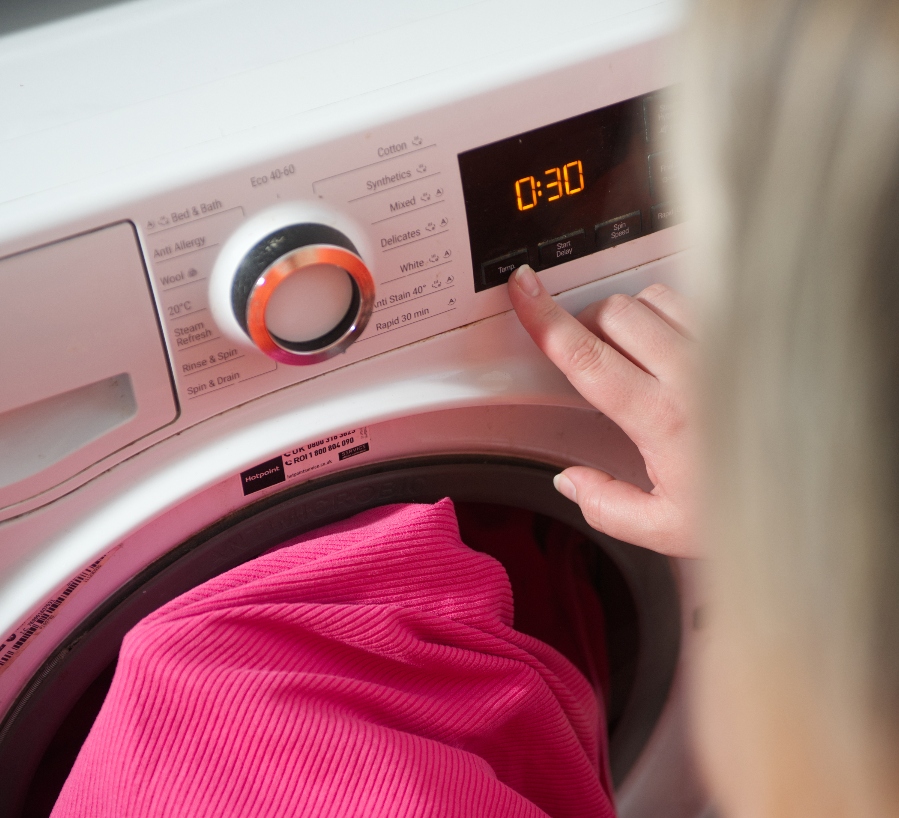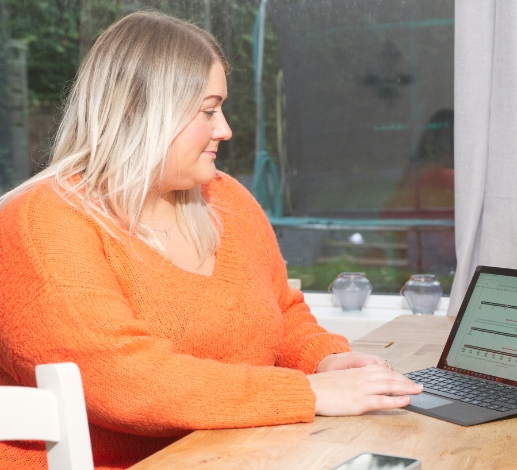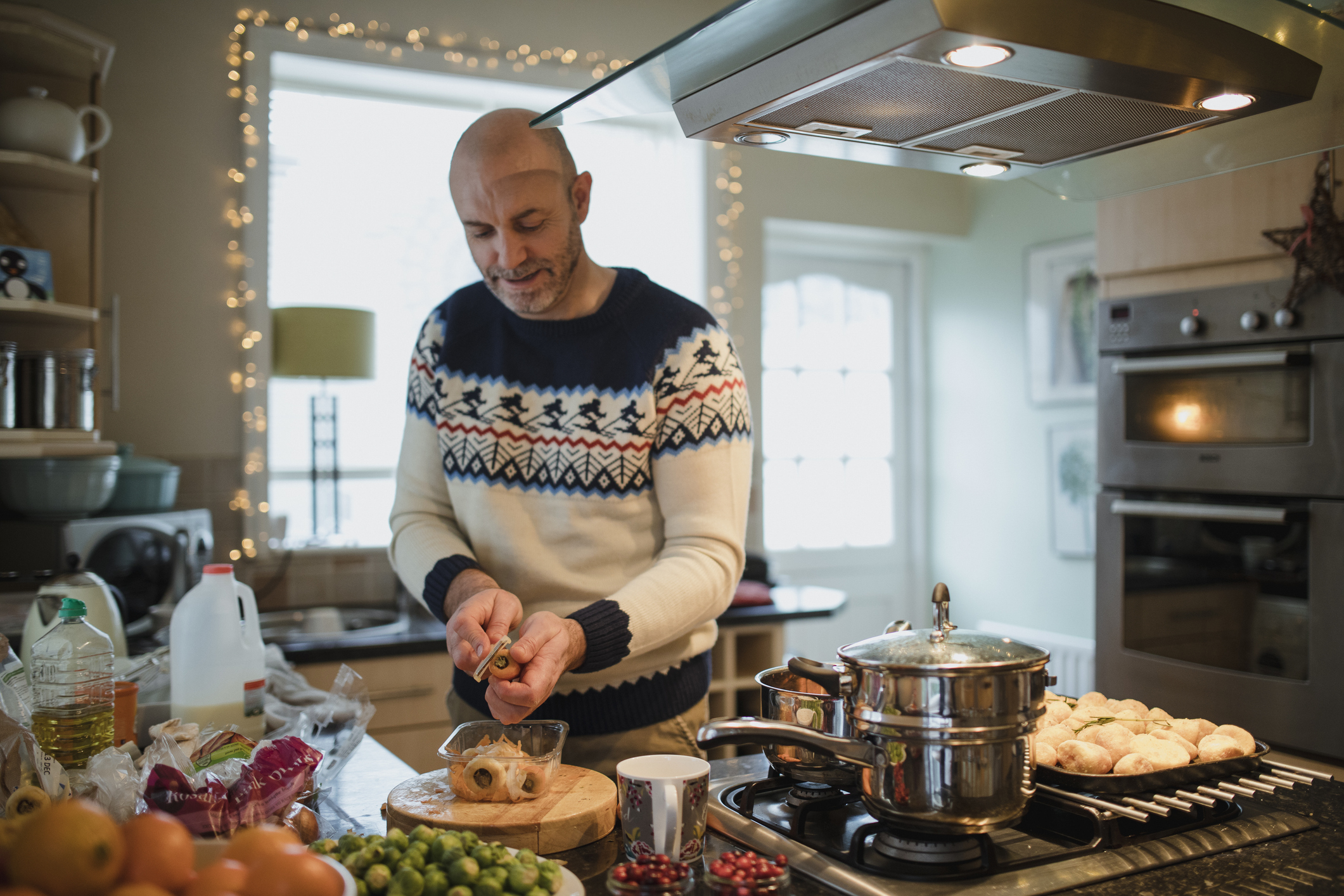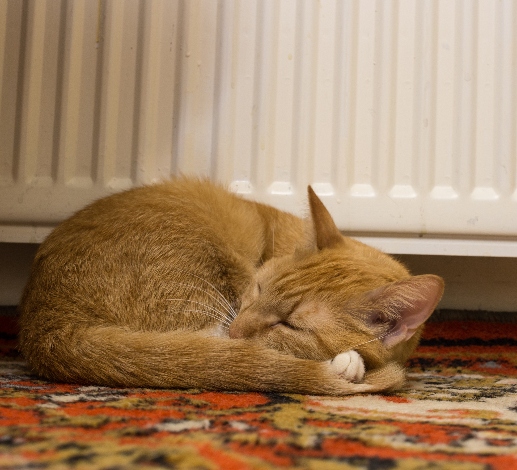How to save energy in the kitchen
How to save energy in the kitchen
Discover our top tips for saving energy and money in the kitchen.

Your kitchen is an excellent place to start if you’re trying to reduce your energy bills. There’s lots of simple things you can do to save energy and money in the kitchen – read on to learn our top tips.
Save energy when you cook
There are lots of quick and easy ways you can save energy when you’re cooking.
- Use the correct sized pot on each burner or ring and use lids on pots and pans to keep the heat in and help cook faster.
- Boil water in the kettle first, before adding it the saucepan.
- Clean the glass window on your oven door so you don’t need to keep opening it to see what’s going on – opening the door lets the heat escape.
- Use residual heat – food can be kept warm, even when the heat’s turned off.
- Batch cook meals or make an extra portion for later to use less energy overall – curries, soups and stews are ideal.
Use appliances wisely
You can save energy by only using appliances like the washing machine and dishwasher when they’re full, to reduce the number of times you run it.
- If you run the washing machine at eco or 30 degrees when you can, you'll save money because less energy is used to heat the water. Always make up a full load to reduce the number of loads and the energy you use.
- Only use the dishwasher when it’s full and consider using the eco setting. You can let the items air dry at the end too.
- Avoid overfilling the kettle - make sure you only boil enough for what you need.
Choose energy efficient appliances
Washing machines, dishwashers and tumble dryers are the most energy consuming home appliances, while fridges and freezers are switched on all day every day.
If you need to replace an old appliance, it makes sense to buy an energy efficient model if you can. Energy Saving Trust has more information on home appliances and energy efficiency ratings.
Choosing the right appliance for the task is also important. For example, if you’re heating or reheating small amounts of food, using a microwave will be quicker and cheaper than popping it in the oven. You can find out more about which cooking appliance is cheaper to run from Energy Saving Trust.
Don’t leave appliances on standby
You can’t switch off your fridge or freezer, but most other appliances can be switched off at the plug to save energy.
For example, if your microwave displays a clock, do you need it to tell the time? If not, switch it off. Remember to switch off your lights when you leave the kitchen too!
We’re on hand to help
Discover more energy saving tips by reading Energy Saving Trust’s top five tips to save energy in the kitchen.
And, if you’re looking for more personalised advice for all areas of your home, our friendly advisors are on hand. Find out how to contact us – you can call us on 0808 808 2282, by email, or WhatsApp.
Latest news and case studies
We have articles, blogs and case studies covering topics ranging from home energy tips to low carbon travel, and business advice to installing renewables.

Discover our advice hub

Save energy while cooking this Christmas



